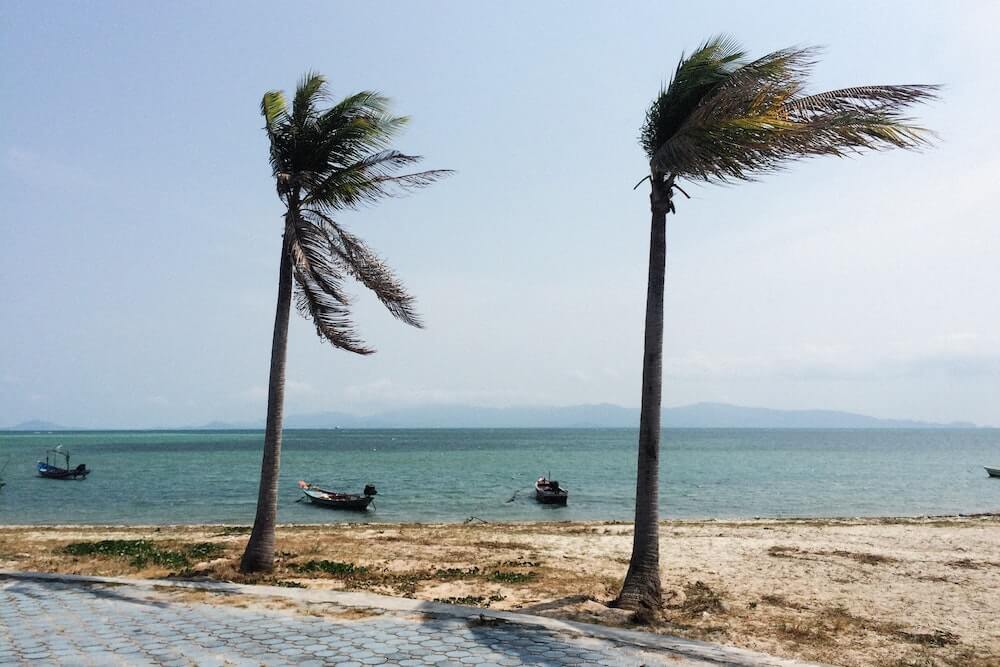After watching the damage Hurricane Ian caused for so many homeowners in Florida, there’s one thing on short-term rental property owners’ minds: what can I do to prepare for a hurricane?
Nearly $148.4 billion in weather and climate disaster damage happens per year in the U.S., so it is in your best interest to be prepared for potential disasters. Hurricane preparedness is a combination of having the tools and resources ready ahead of time, and knowing what to do if/when a hurricane does affect your property.
Our thoughts and prayers are with all of those affected by Hurricane Ian. The damage this category four hurricane caused is devastating, but the lives lost are irreplaceable.
Update: October 18th, 2022
Important news about tax relief in Hurricane Ian disaster areas: Florida, North Carolina, and South Carolina are all being granted temporary tax relief for 1031 exchanges taking place in IRS-marked “disaster areas.” Read more about it here.
Tips to prepare your vacation rental for hurricane season
Beach houses are, of course, great investments as short-term rental properties… but they come with additional risks. Namely, hurricanes. Here are a few things to consider when preparing your vacation rental for hurricane season.
Prepare for wind, rain, and flooding
Owning a property in a hurricane-prone area means you definitely should install impact-resistant windows and doors and hurricane shutters if you haven’t already. This is the first step in preventing/lessening possible damage.
If you can get to the property before the storm, you should bring any outdoor furniture indoors or, at the very least, try to secure them so they don’t fly away. You should also consider trimming any trees that could fall on or damage the house and secure plywood in front of doors and windows.
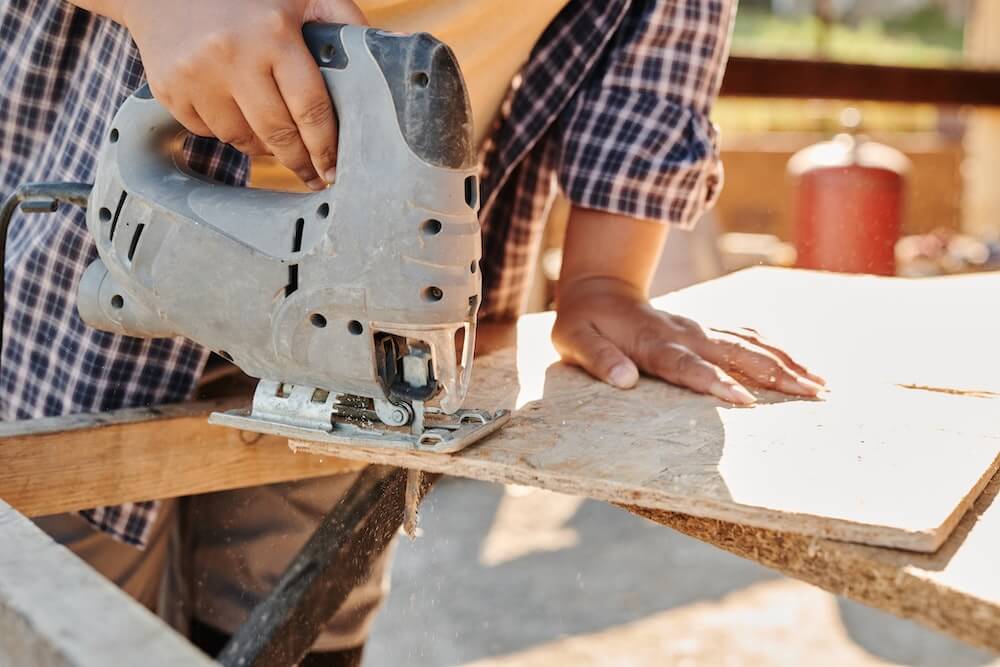
Inside the home, make sure to elevate anything you don’t want to get damaged by potential flooding. Any important documents like passports and birth certificates should be sealed in plastic bags and stored up high to avoid getting ruined by water. Many beachfront homes these days are built on stilts to protect from rising water levels but storm surges can get up to 40 feet in serious storms.
Additionally, be sure to have your housekeeper clean out the fridge and freezer between every guest. If the property loses power for an extended period of time the food inside the fridge could cause odor inside the house that is difficult and expensive to clean afterward.
Stock up!
It’s important to stock your short-term vacation rental with emergency kits in case of hurricanes. The property should be equipped with enough supplies for water and electricity to go out for extended periods of time. The following items are essential to have on hand in order to be prepared for a hurricane:
- Gallons of drinkable water
- Non-perishable food items (granola bars, beef jerky, nuts, dried fruit, etc.)
- Medicine to last at least multiple weeks
- Batteries, device chargers, and flashlights
- Buckets (in case of drips or leaks and they can also be used to scoop water from a nearby pool or ocean to fill a toilet to flush, wash dishes, sponge bathe, etc.)
Furthermore, consider investing in a generator for your vacation rental to better cope with power outages. It’s important to stock up on supplies before you find yourself needing them. An impending hurricane will cause everyone to run to the store and grab the same things they’re looking for, often causing shortages. So be prepared before there’s ever a risk.
Communicate clearly with guests
If a hurricane is headed toward your property, make sure to watch news and weather reports days before the hurricane ever makes landfall. One of the best ways to stay informed is to follow your county’s local government page on social media. Impending natural disasters can easily get overdramatized in the news and social media if you aren’t careful about which sources you’re trusting.
Keep current guests and future visitors informed on the status of the storm and the safety of the property. Keep a close eye on evacuation orders to determine whether or not the property would be safe to host guests during the storm. All homes on the coast belong to a specific evacuation zone so make sure you know what your home’s evacuation zone is to filter information appropriately. If there is any possibility that the property would not be safe during the storm, encourage/require guests to evacuate.
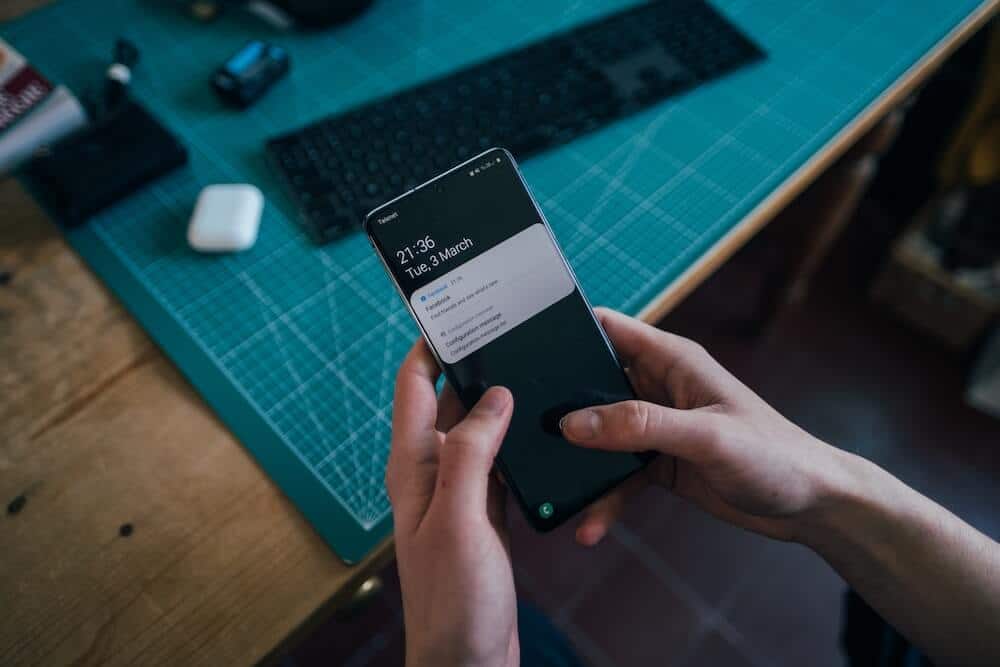
If for some reason guests have to shelter in place, leave very clear instructions for what they should do. This should include telling them where emergency supplies are located, encouraging them to fill all vessels (like bathtubs) with water, keeping their devices charged, sheltering in internal rooms away from doors and windows, and giving them all important contact information to get ahold of you, neighbors, and local emergency services.
Power outages and downed cell towers make it very difficult to communicate and get help after a storm. Many places in Florida are still without power (and therefore, without internet) in the wake of Hurricane Ian. It has become evident that the only houses able to consistently get internet access are those using Starlink. If you haven’t yet set up your short-term rental with internet or are looking to change providers, Starlink seems to be a very reliable option.
Vacation rental hurricane insurance – what you need to know
Contrary to popular belief, there is no such thing as “hurricane insurance.” Rather, it’s typically a combination of two additional policies: flood insurance and windstorm insurance. Standard homeowners insurance policies usually won’t cover flood or wind damage so it’s really important to protect your property with the additional policies.
Work with a trusted insurance broker who can walk you through all the options to find the best fit. Some locations have more limited options of who will serve them in that geographic area, so some research is needed to find the policy that fits your needs. It will also depend on your home’s elevation, if it’s in a flood zone and if it’s on stilts, just to name a few factors.
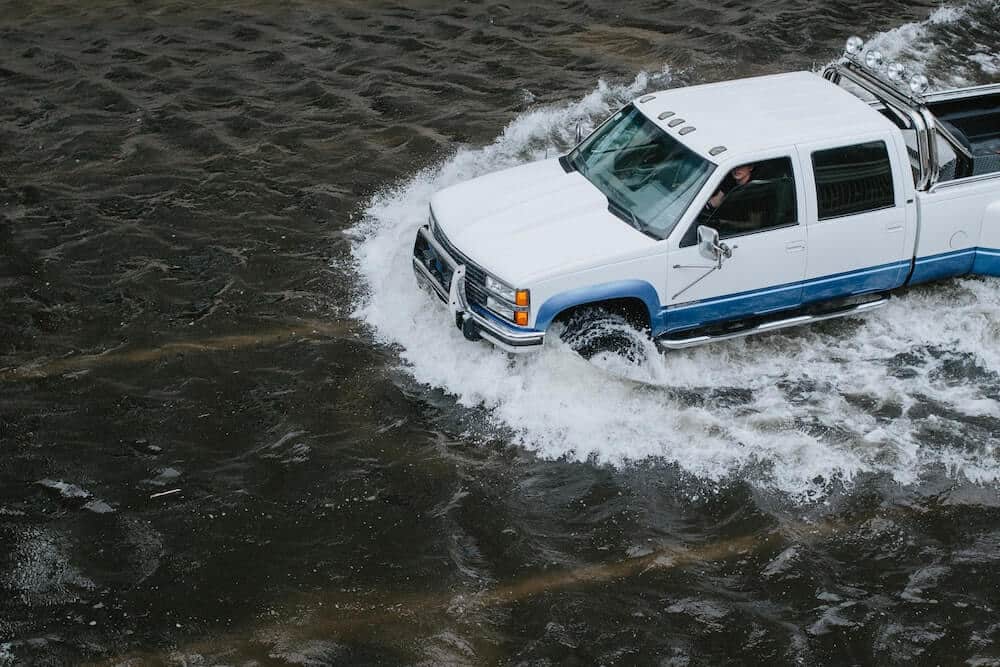
According to NerdWallet, the average cost of flood insurance from the NFIP is $771 a year. Furthermore, NerdWallet states “the average annual residential premium from the Texas Windstorm Insurance Association is $1,650.” Though the additional policies can be pricy, they are essential to protecting your beachfront vacation rental from hurricane damage.
If your property is affected by a hurricane, have your homeowners’ insurance policy and your wind/flood policy ready so you can call early to file a claim if you have damage. Have your insurance agent inform you of the next steps. For example, they may recommend you take as many photos as possible to document damage and only clean up what’s necessary to prevent further damage before an adjuster can come to see the property in person.
Try to get back to your vacation rental as quickly as you safely can after the storm to evaluate any damage yourself. If you have anything inside that’s gotten wet, get it out of the property immediately so you don’t end up with a costly (and deadly) mold problem.
Cancellation policies from major OTAs regarding natural disasters
You should be aware of the cancellation policy for every OTA where your property is listed so that you don’t run into any penalties. If anything is ever uncertain, reach out to the OTA to get clarification. Below are the cancellation policies of some major OTAs.
Airbnb and its Extenuating Circumstances Policy
Cancellations of Airbnb bookings due to hurricanes may be covered under the Extenuating Circumstances Policy. In terms of guests, Airbnb states “Guests that are impacted by an event covered by this Policy can cancel their reservation and receive, depending on the circumstances, a cash refund, travel credit, and/or other consideration.” In terms of hosts, Airbnb states “Hosts that are impacted by an event covered by this Policy can cancel without adverse consequences, but, depending on the circumstances, their calendars may be blocked for the dates of the canceled reservation.”
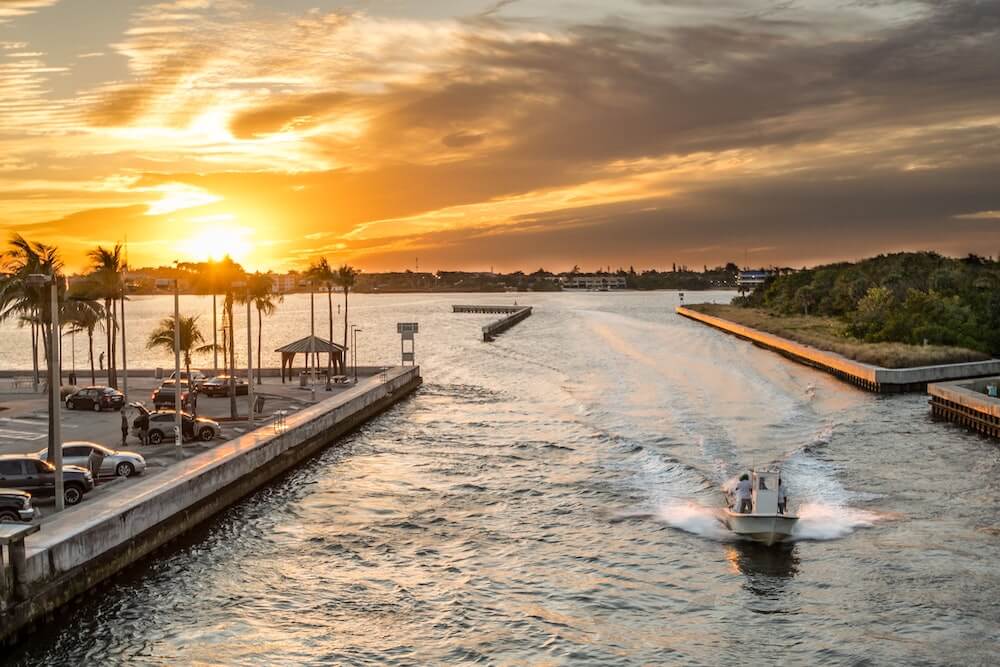
Here’s the catch. Though Airbnb says that natural disasters are covered by this Policy, they state that “weather or natural conditions that are common enough to be foreseeable in that location” are NOT covered… and the example they use is hurricanes occurring during hurricane season in Florida. So if you have a vacation rental property in Florida and you’re renting with Airbnb, you need to be extra vigilant about not cutting cancellations too close.
Vrbo’s cancelation waiver
If you have to cancel a Vrbo booking because of a hurricane you may be eligible for a cancelation waiver.
In regards to cancellation due to natural disasters, Vrbo states “Your property is affected by a natural event that makes it unsafe for you to accommodate a guest. Examples include hurricanes, floods, tornadoes, wildfires, earthquakes, blizzards, tsunamis, volcanoes, and typhoons. We automatically waive cancellations related to some natural disasters. If you do not see the waiver within 7 days of canceling, please call customer service.”
Cancellation best practices
Having a poor host-initiated cancellation rate can negatively affect your listings and subsequently your vacation rental property business. Most OTAs are understanding and will work with hosts when your property is affected by a natural disaster. Nevertheless, it’s best to encourage guests to cancel their own booking instead of you having to cancel it as the host. If you do have to cancel the booking, be sure to contact the OTA(s) to let them know that you had to cancel due to a hurricane… they should be understanding but ultimately the decision is theirs.
At the end of the day, houses can be fixed and belongings can be replaced but your safety and the safety of your guests should always be the number one priority. For more information on how to be prepared for a hurricane, check out the American Red Cross Hurricane Safety post.
